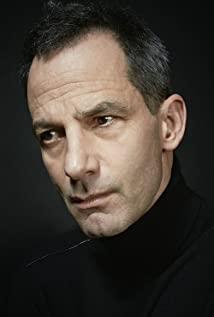Evil, as far as I'm concerned, in the framework of Hannah Arendt's film, there are the following differences. The evil of mediocrity, as Hannah described Eichmann, it is the evil of a little man who is wrapped up in the political system, by the evil political ideas, this evil is possible in every German, in that era. , This kind of evil is formed because people hand over their own thinking ability to social thinking and institutional thinking. We know that this actually has a broader definition. The boundaries of mediocrity and evil are always blurred. He brings good, but also brings concrete and real evil. He will save a country, a person, a nation, and also The most fundamental reason for completely destroying everything is to surrender the ability to think. Heidegger said that thinking does not allow us to understand what is fact, but gives us the ability to distinguish between good and evil, whether there is justice in our lives or not. The film uses flashbacks to stand Hannah and Heidegger. Er's dialogue plays out, thinking, a terrible view of people who don't know how to think and give up thinking. The other is extreme evil, the kind of evil that Hannah portrays in her work Totalitarianism, which is also depicted and changed in the film, yes, she thinks, only the righteous can bring passion and extremes Only the tricolor flag of freedom, democracy and fraternity will bring the bloody slaughter of the French Revolution and the collective carnival of the people. Only the great anti-aggression and patriotism will make the May 4th youth have high aspirations, not justice. It is through other forms of influence that people surrender their ability to think. If a person loses the ability to think, he also forgets how to distinguish right from wrong, good from evil, just like Eichmann, as a small person, when he sent Jews, millions of Jews, to cart after cart. At the moment of Osinweis concentration camp, he obeyed the will of the government, the Jews are not human, and their race should be slaughtered. As Hannah said in her final speech, she was not defending Eichmann, he was evil, just not extreme, but banal. And we, as moviegoers, as the successors of that tragic century, take all the misery as history, and think about whether we will also understand Hannah, about the fact that Jewish leaders participated in the massacre of their own race.
View more about Hannah Arendt reviews









